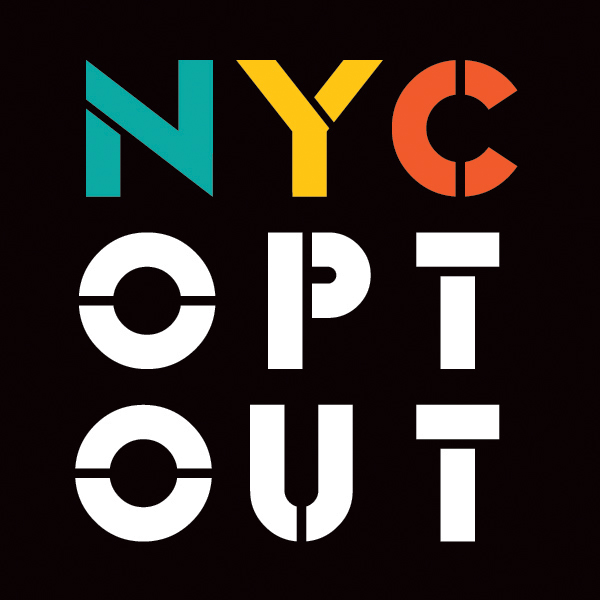10 Reasons to Boycott the NY State Exams
This information is also available as a FLIER (in English and en Español).
1. When students, teachers and schools are rewarded for high test scores and punished for low ones, the tests themselves become the focus of education. Class time is devoted to test prep, which robs children of their curiosity and natural desire to learn.
2. The exams’ focus on math and language arts undermines other important learning. Schools have less time for social studies, music, art, world languages, physical education, and even science.
3. The NYS exams are loaded with poorly written, ambiguous questions. A statement signed by 545 New York State Principals noted that many teachers and principals could not agree on the correct answers.
4. School testing is a massive industry promoted by politicians and billionaires, not educators. Common Core-backer Bill Gates and former federal education department official Joanne Weiss have promoted national standards and tests by touting that they “will unleash powerful market forces” and create a national market for vendors. (source)
5. While New York State is paying testing companies millions of dollars, it is massively underfunding NYC public schools. This is part of a national trend: states cut funding to public schools while pouring millions into new materials and computer systems designed for standardized tests. (source)
6. High-stakes tests don’t help students learn. The results come in too late and are too vague to help a child’s teacher differentiate instruction. The tests are used primarily to punish schools that don’t perform.
7. High-stakes testing is a political tool to evaluate teachers. Though the use of state test scores to rate teachers has been temporarily suspended, half of teachers’ rating will still be based on test scores (on different tests). And when the moratorium ends in 2019, state scores will once again constitute half of teachers’ evaluations — despite the research showing that test-score measures are unreliable. (source)
8. High-stakes testing undermines teacher collaboration and strains teacher-student relations. Teachers are judged on a curve, which discourages them from helping students in another teacher’s class and undermines the trust needed for healthy student-teacher relationships.
9. One-size-fits-all tests punish and discourage students who are already vulnerable, including students of color, English-Language Learners, children with special needs, and students from families living in poverty.
10. High-stakes testing isn’t supported by research. In its 2011 report to Congress, the National Academy of Sciences reviewed America’s test-based accountability systems and concluded, “There are little to no positive effects of these systems overall on student learning and educational progress.”




